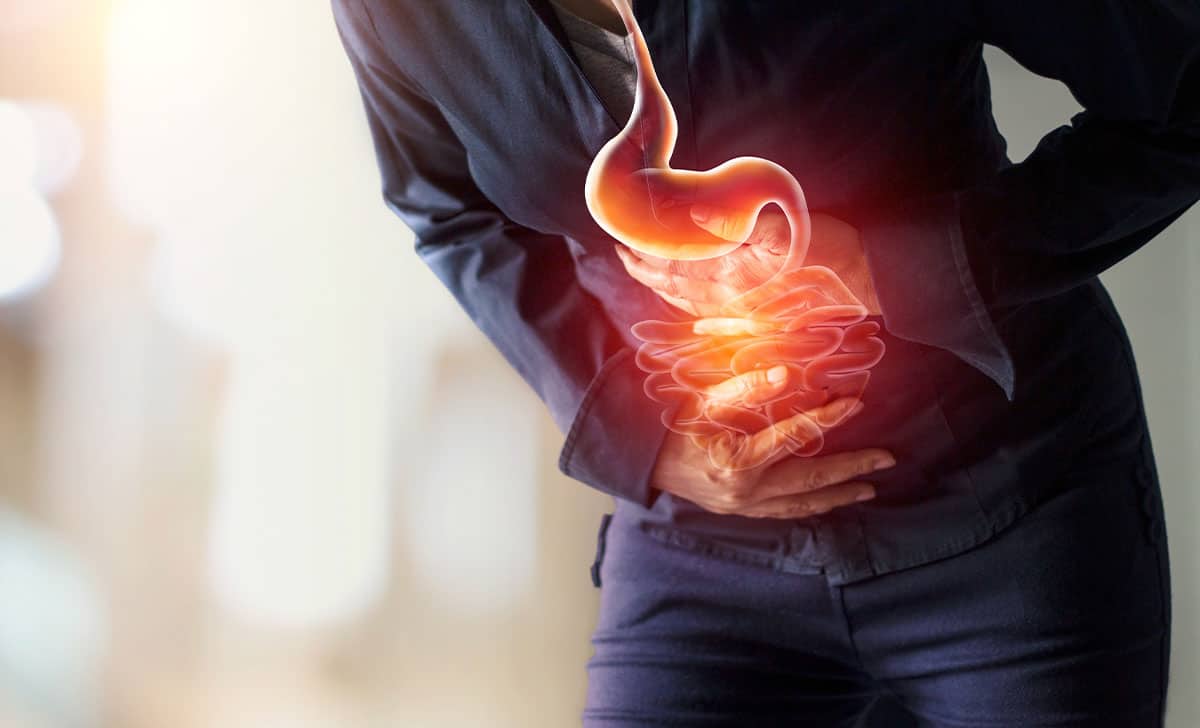Peptic ulcer

Peptic Ulcer: Causes, Symptoms, and Treatment
A peptic ulcer is an open sore that forms in the lining of the stomach, small intestine (duodenum), or esophagus due to damage from stomach acid.
Types of Peptic Ulcers
- Gastric ulcer – Occurs in the stomach.
- Duodenal ulcer – Forms in the first part of the small intestine (duodenum).
- Esophageal ulcer – Develops in the lower esophagus.
Causes
The main causes of peptic ulcers include:
- Helicobacter pylori (H. pylori) infection – A bacteria that weakens the stomach lining.
- Nonsteroidal anti-inflammatory drugs (NSAIDs) – Long-term use of aspirin, ibuprofen, or naproxen can damage the stomach lining.
- Excess stomach acid – Caused by stress, smoking, alcohol, or Zollinger-Ellison syndrome (a rare condition).
- Smoking and alcohol consumption – Can irritate the stomach lining and increase acid production.
Symptoms
- Burning or gnawing stomach pain, often between meals or at night.
- Bloating, nausea, or vomiting.
- Heartburn or acid reflux.
- Dark, tarry stools (a sign of internal bleeding).
- Unintentional weight loss.
Diagnosis
- Endoscopy – A camera is inserted into the stomach to check for ulcers.
- H. pylori test – Blood, breath, or stool tests to detect bacteria.
- Barium swallow X-ray – A contrast dye is used to highlight ulcers on X-ray images.
Treatment
-
Medications
- Proton pump inhibitors (PPIs) (Omeprazole, Pantoprazole) – Reduce stomach acid.
- H2-receptor blockers (Ranitidine, Famotidine) – Lower acid production.
- Antibiotics – If H. pylori infection is present.
- Antacids – Provide temporary relief by neutralizing stomach aci
- Lifestyle Changes
- Avoid NSAIDs, smoking, and excessive alcohol.
- Eat smaller, frequent meals.
- Reduce stress and practice relaxation techniques.
Complications (if untreated)
- Bleeding ulcers – May cause vomiting blood or black stools.
- Perforation – A hole in the stomach lining, which is a medical emergency.
- Obstruction – Swelling or scarring can block food passage.
Peptic ulcers are treatable, and most heal within a few weeks with proper medication and care.
Do you have specific concerns or need further details?

